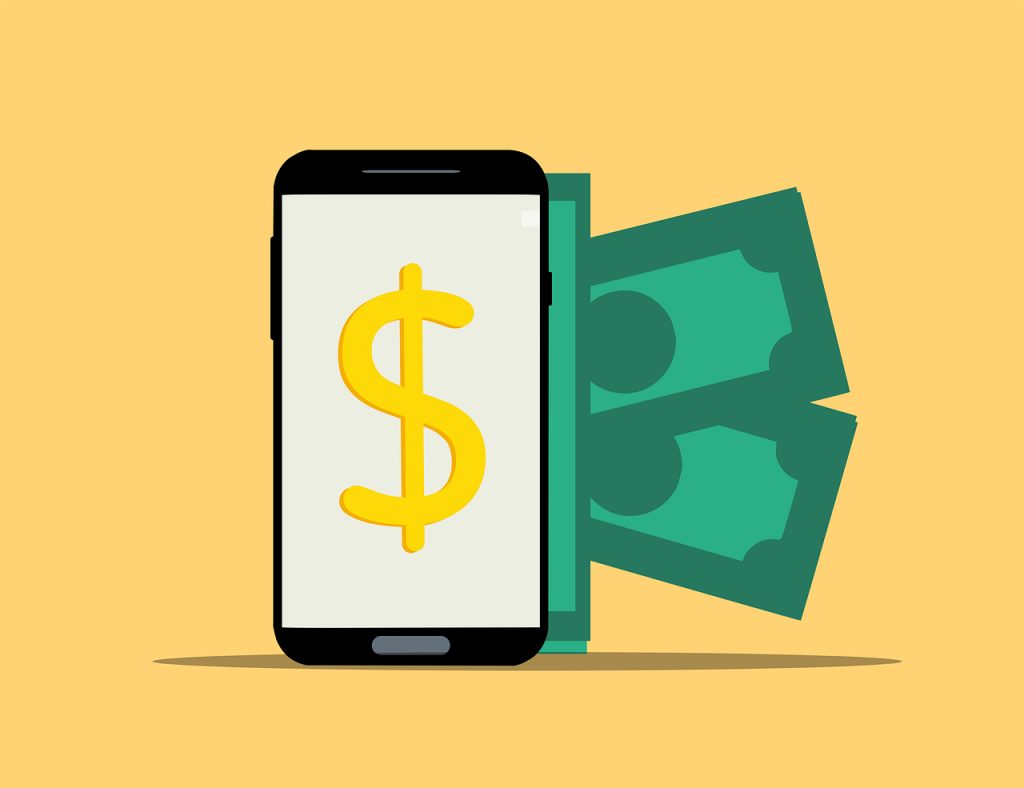Rahul Mathur
Rahul Mathur is the founder & Managing Director of Arka Softwares. Graduated from Harvard Business School, he is a driven leader and technology enthusiast.
If we talk about eWallet applications, the first thing that we need to remember is the strong digital presence. Recently a study...

Image Credits: pixabay
If we talk about eWallet applications, the first thing that we need to remember is the strong digital presence. Recently a study stated that the revenue generation of the cashless industry has reached $2.5 trillion approx. in the year 2019.
Now with this much amount, we can say that eWallet app development is one of the emerging industries in the market. According to the recent statistics, 75% of users would like to opt for digital payment methods while making transactions and around 40% find no troubles in making digital transactions.
So whether you are an owner of a retail shop, grocery shop, or an eCommerce platform, the e-Wallet application is the need of the hour. But while deploying eWallet mobile app development, one must know the basics of eWallet and how to use it to leverage its perks to grow the user’s base.
Before we move further and talk about the in-depth aspect of eWallet app development, it is crucial to go through the categories of eWallet application.
1.) eWallet for the retailers: The title itself explanatory. The application is integrated with money transaction features which enable users to transfer money and collect all the coupons and discounts that are related to the items.
2.) For the financial organization: The application is for cardholders, which are mostly used by banks and financial sector organizations. The cost of developing these such applications is between $15k-$50k.
3.) For the cards: These types of eWallet applications are integrated with credit and debit card features. Such type of eWallet applications enables users to make payments within different bank accounts. Paytm, Google Pay are a few examples.
Now, as you have collected the information about different eWallet, let’s talk about the sector where online transaction methods are highly used.
Well, your eWallet application must support many payments. Just integrating one or two features will not be sufficient. To increase the number of users, it is significant to integrate all the models into the applications. Some below mention activities:
The above mentioned are the basic payment methods, but executing the POS payment requires effort.
1.) QR code: This is one of the most significant models of POS. In this method, the business collects the QR over the cloud platforms, the users can scan the QR, make the payment, and it will directly transfer to the beneficiary account.
2.) NFC: NFC is a contactless payment between two NFC devices. In this method, it saves the bank account detail of users in digital format. As soon as the request for the payment shows, NFC automatically fetches the payment to a gateway page.
3.) Beacon: One can make the payment in the offline mode also through this method. Here the users are not required to swap their bank account cards to make payment. POS terminal collects the user’s detail from the cloud platform to make the payment easily.
4.) Payment app: In this online method, several vendors can connect links to multiple payment gateways. PhonePe, Google Pay, and Apple pay boosting their network for making transactions in a similar line.
While building an eWallet application, it should follow a proper guideline to adhere to the security issue. If we go through the numbers and the statistics, 40% of users think that online payment methods are insecure. The reason being they don’t want to share their data with companies and it worries them that their account information might even get hacked.
Tokenization is the best technique to deal with safety issues. This technique generates a unique number every time users make a payment with their credit/debit card information. The token can only be controlled and detokenized by the service provider.
1.) While making an online payment, the bank account detail of users isn’t shared with the vendor, it is converted into a token, the moment users upload information.
2.) Tokenization occurs as soon as the card is swiped.
3.) The payment providers convert the PAN card details and other information into a token which is stored on the device, and in some other device, it is stored on cloud platforms.
You are also intrigued in knowing about the eWallet app development- cost, features & functionalities which are required to develop secure eWallet mobile applications. There are some other qualities that one needs to integrate into the application to build one advanced mobile application.
Other than integrating these basic features, several other features and functionalities enhance the user’s experience and generate good ROI for your business. Some of these features are location-based services, access to coupons and discounts and push notification, timely reminder of bill payments. The cost for developing eWallet applications for retailers is in-between $30k-$60k.
Suggested:
PayPal Vs Payoneer: which is better?
Best Payment Gateways In India To Use.
Perfect Blog!! Thanks to google for landing me here I am looking to develop an eWallet app for my business and before that I want to know all the features of eWallet app and after reading this blog got all the information I needed.